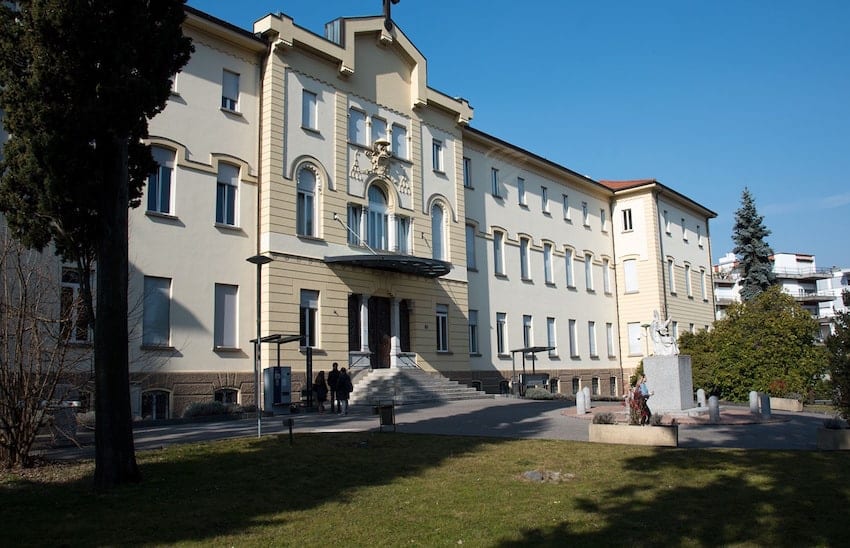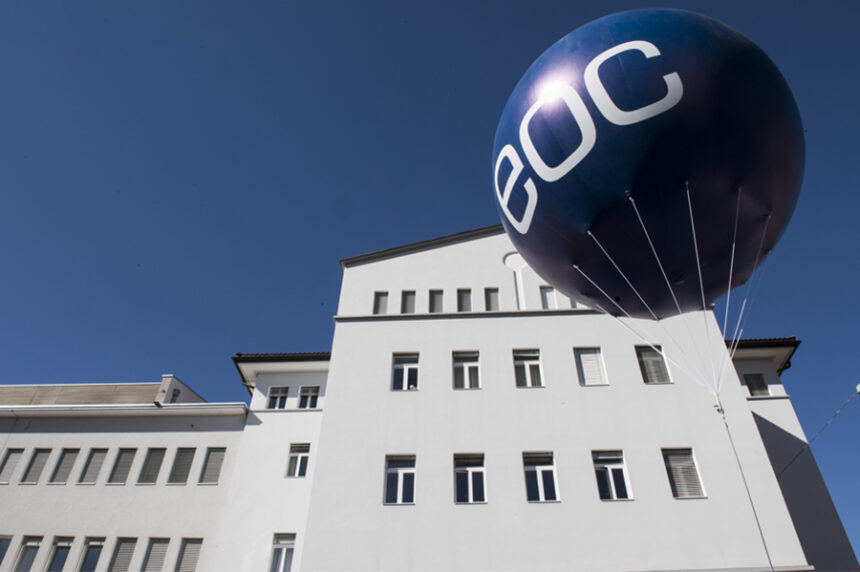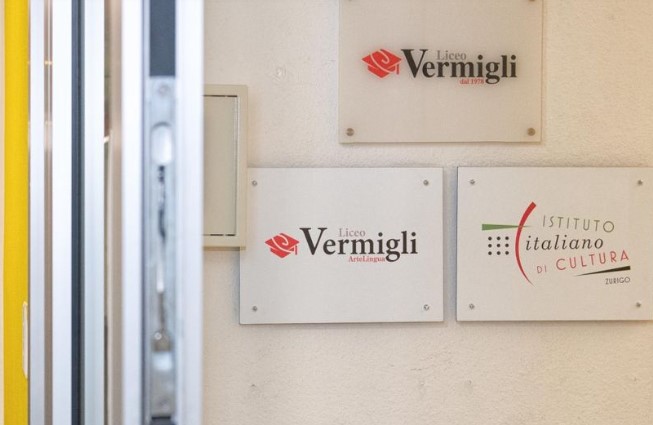di Jerry Cappellania
People are most satisfied with their jobs when these jobs give them the opportunity to experience achievement.
The best way to experience achievement is: making steady and meaningful progress.
I’ll get back to the importance of progress shortly. There is another important concept to understand before getting deeper into what meaningful progress means.
The second key concept to keep in mind relates to the quality of a person’s emotional work life.
For a manager it should be key to understand how happy his/her direct reports are, how motivated and interested they are in their day to day job, how positively employees view their organization, their management, their team, their work and themselves.
People are more creative and productive when their emotional work lives are at least satisfactory. In these positive states, people are more committed to the work and more collegial toward people around them.
To make sure employees are motivated, committed and happy, managers can use catalysts and nourishers.
Catalysts are actions that support work.
They include setting goals, allowing autonomy, providing enough resources and time, helping with the work, learning from problems and successes and allowing free exchanges of ideas.
Nourishers are acts of interpersonal support such as respect and recognition, emotional comfort and opportunities for affiliation.
Catalysts and nourishers and their opposites can change the meaningfulness of work by shifting people’s perceptions of their jobs.
A manager who wants to catalyze progress and nourish spirits should:
- Establish a positive climate;
- Engage immediately with his/her team to analyze problems and develop remediation plans;
- Stay attuned to his/her team’s every day activities and progress;
- Establish himself/herself as a resource for team members without micromanaging.
The above actions will sustain teams’ emotions, intrinsic motivation and favorable perceptions.
A satisfactory emotional work life drives performance; in turn, good performance, which depends on consistent progress, enhances emotional work life. The above cited elements are all part of the progress loop equation.
By supporting progress in meaningful work, managers improve employees’ emotional work lives and organization’s performance.
The Coronavirus is already hitting the economy extremely hard, companies are experiencing drastic reduction of orders and are necessarily taking measures to guarantee their long- term survival.
How to incentivize employees during this tough period?
For example, I am starting to think about a complex team project that could allow to gain a lot of flexibility shipping wise and produce very little paper bureaucracy wise. This project would increase efficiency and customer satisfaction but requires a lot of preparation work on customs regulations.
It does not only relate to understanding the European Union customs code, it entails also explaining it to the customs representatives of each European Union member state, who from time to time do not understand that a EU regulation is directly applicable to each member state without the need of National implementation.
In a period where morale is low and it is not possible to give recognition, achieving meaningful progress through difficult projects is the only cure for long term success*.
*Article derived and adapted from “The Power of Small Wins”, Amabile, Kramer, 2011, Harvard Business Review.



















